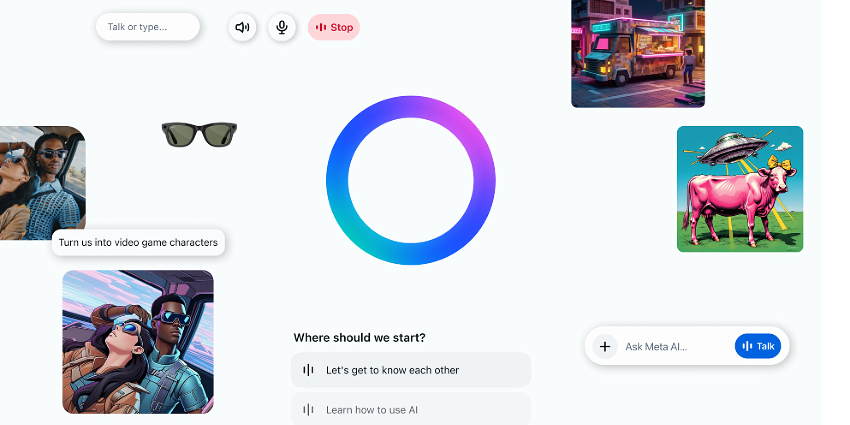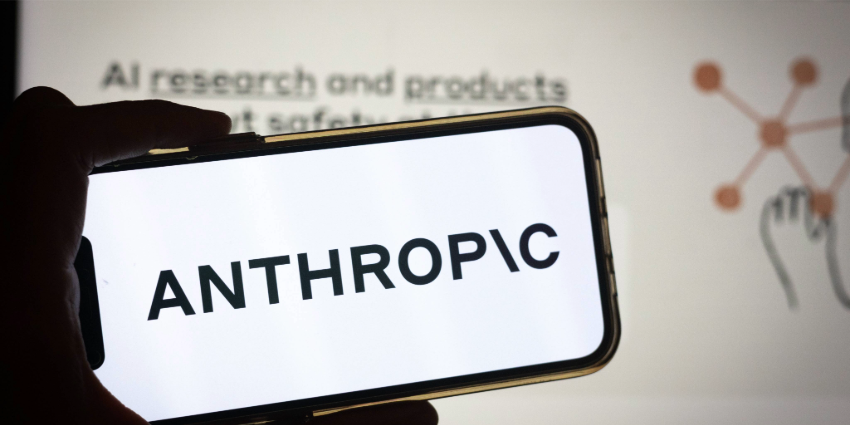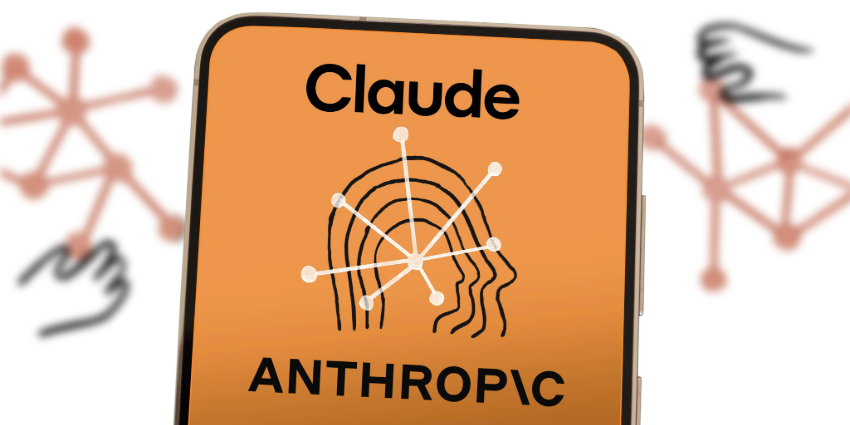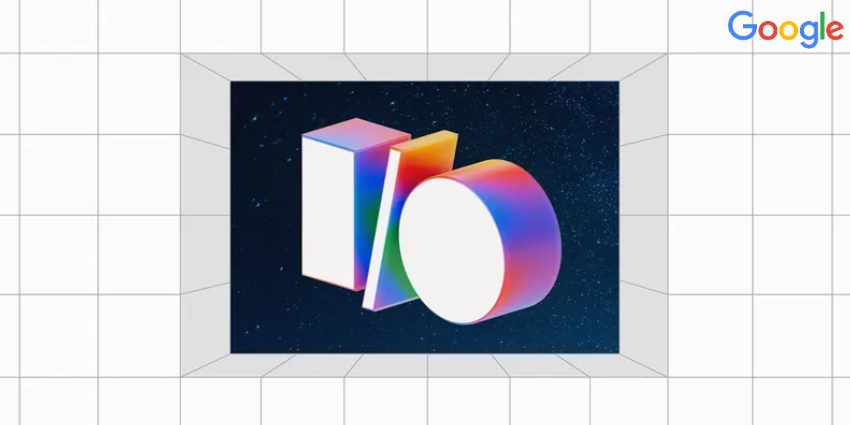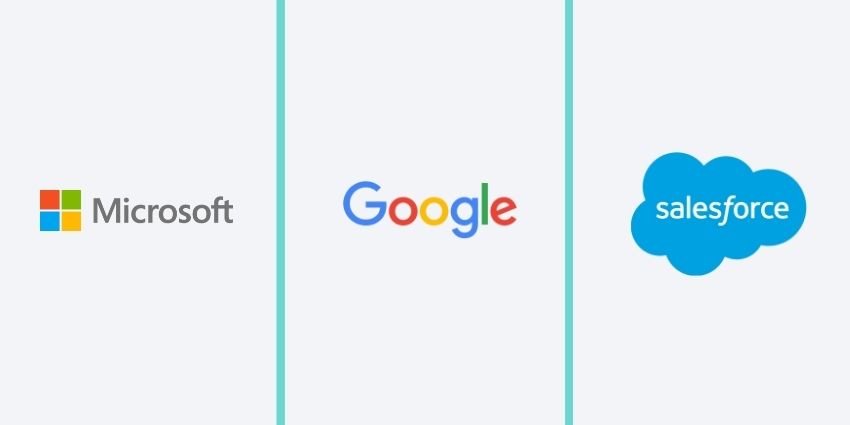Images from Meta
Meta AI has challenged OpenAI’s ChatGPT by launching its standalone AI assistant app at its ‘LlamaCon’ developer conference, putting the social media giant in direct competition with OpenAI’s ChatGPT and other major AI chatbots.
Built on Meta’s Llama 4 model, the new Meta AI app expands beyond the company’s existing AI features that were already integrated into Facebook, Instagram, WhatsApp, and Messenger.
It will be available across platforms, including desktop, mobile and Meta’s AI-powered Ray-Ban smart glasses.

What’s New in Meta AI
The standalone app puts an emphasis on voice interactions and introduces a unique social element that distinguishes it from competitors. Its key features include:
- A “Discover feed” showing how friends and others are using AI (with their permission)
- Voice conversations powered by Llama 4, including an experimental “full-duplex” mode for more natural conversations
- Integration with Meta’s Ray-Ban smart glasses, replacing the previous Meta View companion app
- Personalization based on users’ Facebook and Instagram profiles (in US and Canada)
- Web search capabilities, image generation, and content recommendations
In its official announcement, Meta said:
Meta AI is built to get to know you, so its answers are more helpful. It’s easy to talk to, so it’s more seamless and natural to interact with. It’s more social, so it can show you things from the people and places you care about.
How has Meta AI challenged OpenAI’s ChatGPT?
Perhaps the most innovative aspect and another way Meta AI has challenged OpenAI’s ChatGPT is the social component. The app’s Discover feed allows users to see AI interactions that others have chosen to share, with the ability to like, comment, remix, or share these posts.
“The idea is to demystify AI and show people what they can do with it,” Meta’s VP of product, Connor Hayes said.
This social feed approach appears to be where the industry is heading, with OpenAI reportedly planning a similar feature for ChatGPT and X (formerly Twitter) already integrating closely with Elon Musk’s Grok AI.

Market Position
Meta is entering an increasingly crowded field of AI assistants that includes OpenAI’s ChatGPT, Google’s Gemini, Anthropic’s Claude, and xAI’s Grok. However, Meta has a big advantage in its massive user base.
According to Meta, its AI assistant had already reached “almost” one billion users through its integration in apps like Instagram and Facebook.
CEO Mark Zuckerberg expressed confidence earlier this year, stating:
[2025] is going to be the year when a highly intelligent and personalized AI assistant reaches more than 1 billion people, and I expect Meta AI to be that leading AI assistant.
Infrastructure Investment
The app launch comes as Meta continues its substantial investment in AI infrastructure. The company announced plans to spend up to $65 billion this year on AI expansion, with reports suggesting a potential $200 billion investment in AI data centers in the coming years.
Meta is also reportedly testing its first custom-designed chip for training AI models, potentially seeking to reduce its dependence on NVIDIA hardware that currently dominates the market.
The Meta AI app is now available on iOS and Android with voice conversations initially available in the US, Canada, Australia, and New Zealand.
Our Take
Our team is currently experimenting with the platform to see how Meta AI has challenged OpenAI’s Chat GPT, and other major genAI players.
Look for our in-depth analysis in an upcoming piece where we’ll explore whether Meta’s social media advantage translates into a superior AI experience, or if the app is more style than substance in the increasingly competitive AI assistant space.

